Home> Bearing Technology> Linear Rail: 2024's Leading 8 Brands in the Global Market
Introduction
Overview of Linear Rails
Linear rails are essential components in a variety of machinery and equipment, providing precise and smooth linear motion. These rails are designed to support and guide the movement of loads with minimal friction, ensuring high accuracy and efficiency in numerous applications. Linear rails typically consist of a rail and a carriage, with the rail providing the track and the carriage housing the rolling elements, such as ball bearings or rollers, that enable smooth motion.
The versatility of linear rails makes them indispensable in many fields, including automation, robotics, CNC machinery, medical devices, and more. Their ability to maintain rigidity and accuracy under load makes them ideal for applications requiring precise linear movement and positioning.
Importance in Modern Industry
In modern industry, the importance of linear rails cannot be overstated. They play a critical role in enhancing the performance and efficiency of machinery and systems across various sectors. Some key benefits of linear rails include:
Precision: Linear rails provide exceptional accuracy, which is crucial for applications like CNC machining and 3D printing, where even minor deviations can lead to significant errors.
Load Capacity: These rails can handle substantial loads, making them suitable for heavy-duty applications in manufacturing and automation.
Reduced Friction: The rolling elements within the carriage reduce friction significantly, leading to smoother motion and less wear and tear on components.
Durability: Made from high-quality materials, linear rails are designed to withstand harsh operating conditions, ensuring long-term reliability and performance.
Versatility: Linear rails are used in a wide range of applications, from industrial automation to medical equipment, highlighting their adaptability and importance in various fields.
Purpose of Ranking the Leading Brands
The purpose of ranking the leading brands in the linear rail market is to provide a comprehensive guide for consumers and industry professionals. With numerous brands offering a variety of linear rail products, it can be challenging to determine which brands stand out in terms of quality, innovation, and reliability. This ranking aims to:
Highlight Excellence: Identify and recognize the top brands that consistently deliver high-performance linear rails.
Guide Purchases: Assist buyers in making informed decisions by providing detailed insights into the strengths and specialties of each leading brand.
Promote Innovation: Encourage continuous improvement and innovation within the industry by showcasing the advancements and unique features offered by the top brands.
Market Overview: Provide a snapshot of the current state of the linear rail market, including emerging trends and technologies that are shaping the future of the industry.
By understanding the landscape of the linear rail market and recognizing the leaders in this field, stakeholders can better navigate their choices and leverage the best available solutions for their specific needs.
Criteria for Ranking
Quality and Durability
When evaluating linear rail brands, the foremost criteria are quality and durability. Linear rails are crucial components in precision machinery, and their performance can significantly impact the overall efficiency and lifespan of the equipment they are used in. High-quality linear rails are manufactured with precision engineering, ensuring smooth and accurate movement. Durability is equally important, as linear rails need to withstand continuous use under varying load conditions without significant wear or deformation.
Key aspects of quality and durability include:
Material Composition: The use of high-grade materials like stainless steel or hardened steel which provide strength and resistance to corrosion and wear.
Manufacturing Precision: Advanced manufacturing techniques that ensure tight tolerances and high precision in rail and carriage assembly.
Testing and Certification: Rigorous testing for load capacity, fatigue resistance, and environmental conditions to certify the linear rails for demanding applications.
Innovation and Technology
Innovation and technology are critical differentiators among leading linear rail brands. The incorporation of advanced technologies can enhance performance, reliability, and ease of use. Brands that invest in research and development often lead the market with cutting-edge solutions that address evolving industry needs.
Notable technological innovations in linear rails include:
Advanced Coatings and Treatments: Surface treatments that reduce friction and improve wear resistance.
Smart Sensors and IoT Integration: Linear rails equipped with sensors that monitor performance metrics such as temperature, vibration, and load, providing real-time data for predictive maintenance and optimization.
Modular and Customizable Designs: Systems that allow for easy customization and scalability to meet specific application requirements.
Market Presence and Influence
A brand’s market presence and influence are indicative of its reliability and reputation in the linear rail industry. Established brands with a strong global presence often have extensive experience and a broad customer base, reflecting their capability to deliver consistent quality and support.
Key factors in evaluating market presence and influence include:
Global Reach: The availability and distribution of linear rails across various regions and markets.
Industry Partnerships: Collaborations with key industry players and integration in high-profile projects.
Brand Reputation: Recognition and accolades from industry bodies, as well as presence in industry-leading exhibitions and conferences.
Customer Feedback and Satisfaction
Customer feedback and satisfaction provide valuable insights into the real-world performance and reliability of linear rails. Brands that consistently receive positive reviews and high satisfaction ratings are likely to offer superior products and support services.
|
Consideration |
Description |
|
Performance Reviews |
Customer testimonials and reviews that assess how well linear rails perform in different applications, highlighting reliability and consistency. |
|
Support and Service |
Quality of customer service, including responsiveness, technical support availability, warranty coverage, and after-sales service quality. |
|
Long-Term Satisfaction |
Feedback on the durability and maintenance requirements of linear rails over extended periods, focusing on reliability and performance consistency. |
Pricing and Value for Money
Pricing and value for money are crucial for customers when choosing linear rails. While high-quality and technologically advanced linear rails may come at a premium, it is essential that they offer proportional value in terms of performance, durability, and reduced maintenance costs.
Factors to consider include:
Cost-Effectiveness: The overall cost relative to the benefits and features provided by the linear rails.
Return on Investment (ROI): The long-term savings and efficiency gains achieved through the use of high-quality linear rails.
Competitive Pricing: Comparison with other brands offering similar quality and features to determine the best value for money.
By thoroughly evaluating these criteria, the ranking of the top 8 linear rail brands in 2024 provides a comprehensive and authoritative guide for industry professionals and consumers, helping them make informed decisions based on quality, innovation, market influence, customer satisfaction, and value for money.
Top 8 Brands in 2024
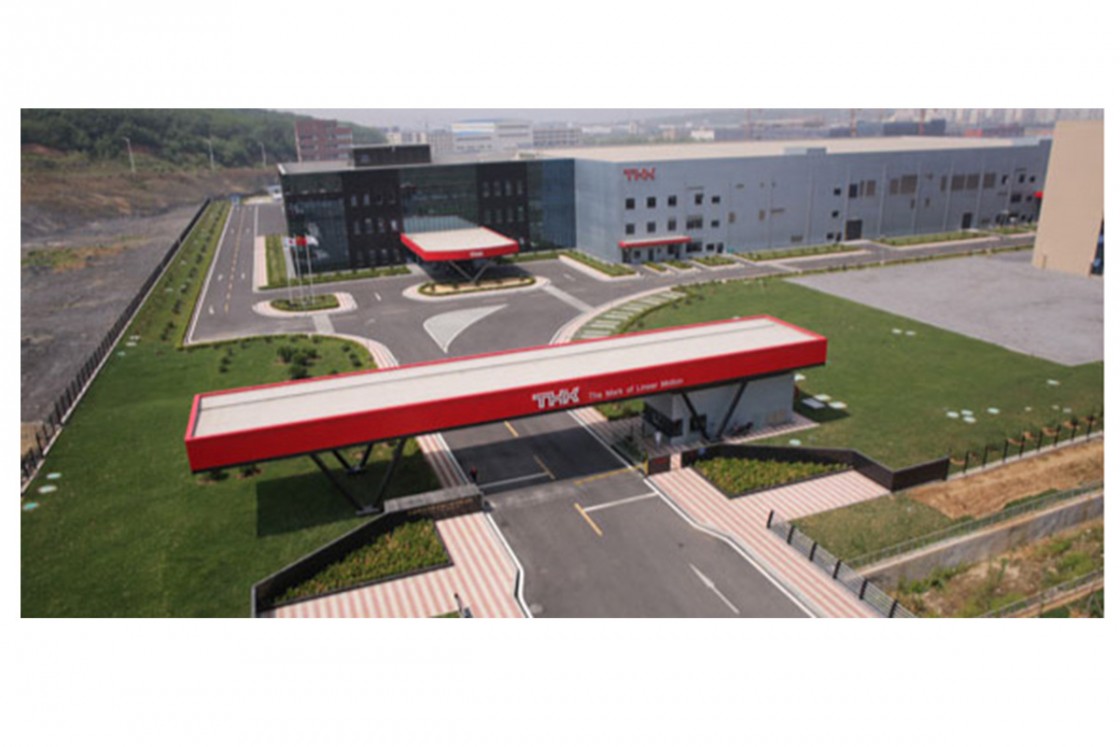
Company History and Background:
THK Co., Ltd., founded in 1971 and headquartered in Tokyo, Japan, is a global leader in manufacturing precision linear motion systems. The company's commitment to innovation has positioned it as a pioneer in the field of linear motion technology.
Main Products and Innovations:
THK's product line includes ball screws, linear guides, slides, actuators, and automation equipment. They are known for introducing the world's first ball screw and high-speed, high-precision linear motion systems.
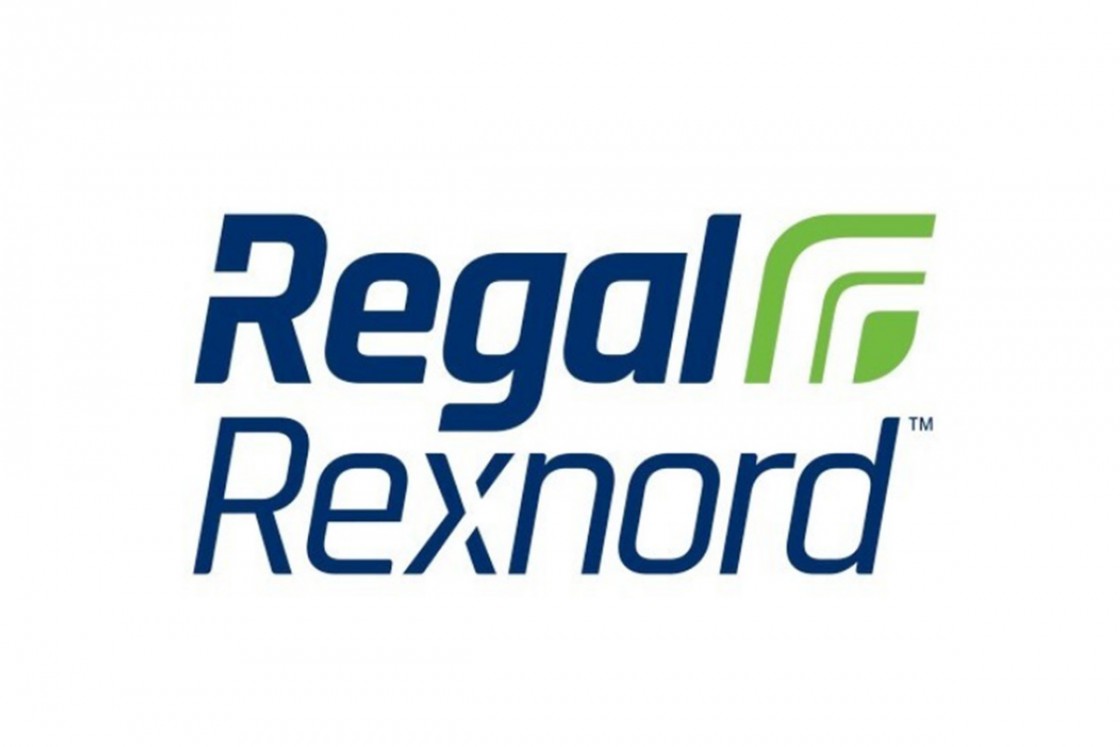
Company History and Background:
Bosch Rexroth, a subsidiary of Robert Bosch GmbH, traces its origins back to 1795 and is based in Lohr am Main, Germany. The company specializes in industrial technology and linear motion control solutions.
Main Products and Innovations:
Bosch Rexroth offers a comprehensive range of products including sliding guides, linear drives, electric axes, and control systems. They are renowned for their smart motion control solutions and innovations in automation.
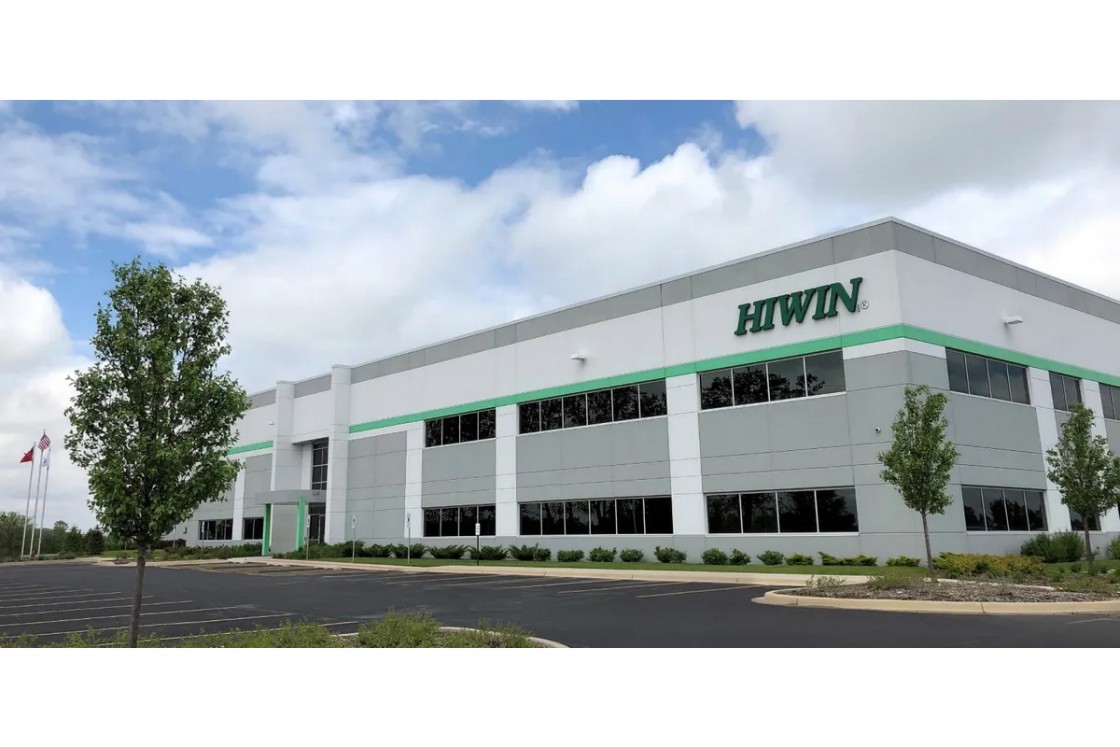
Company History and Background:
Founded in 1989 and headquartered in Taoyuan City, Taiwan, Hiwin Technologies Corp. is a leading provider of precision linear motion control technology globally.
Main Products and Innovations:
Hiwin's product portfolio includes ball screws, linear guideways, linear actuators, and slide rails. The company is recognized for its advancements in high-speed, high-precision ball screws and low-friction linear guideway designs.
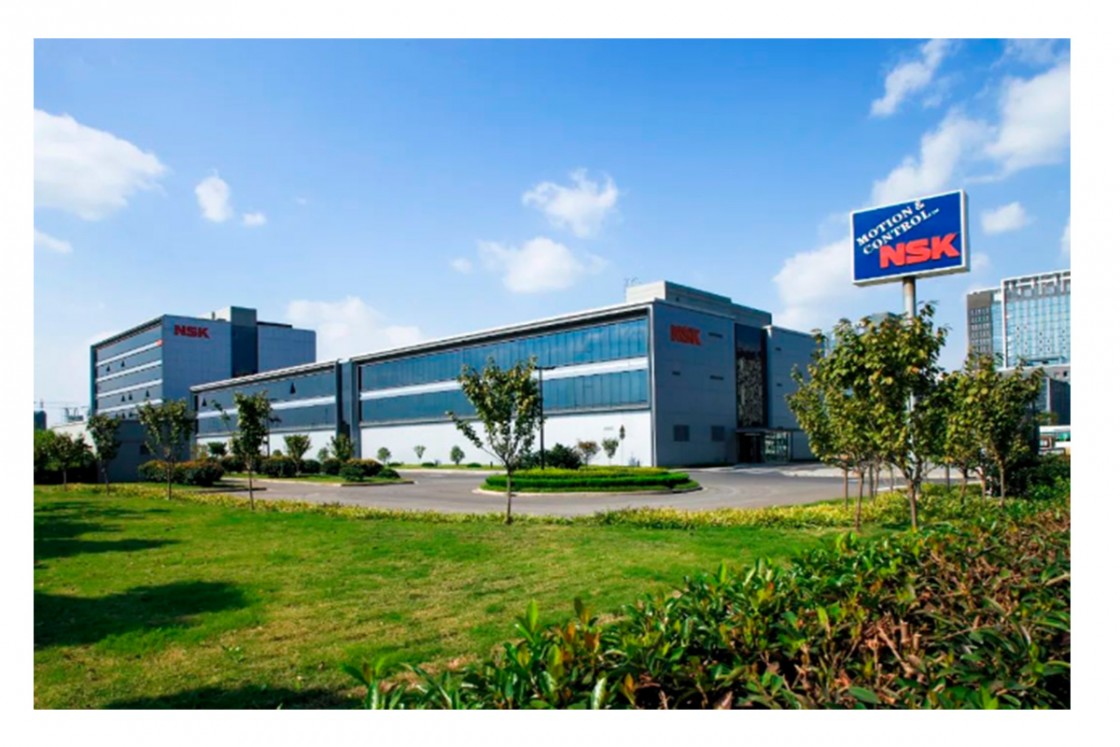
Company History and Background:
NSK Ltd., established in 1916 and based in Tokyo, Japan, is one of the world's leading manufacturers of bearings and automotive components.
Main Products and Innovations:
NSK produces a wide range of products including ball bearings, roller bearings, linear guides, and automotive parts. They are known for their innovations in high-speed bearings and self-lubricating technologies.
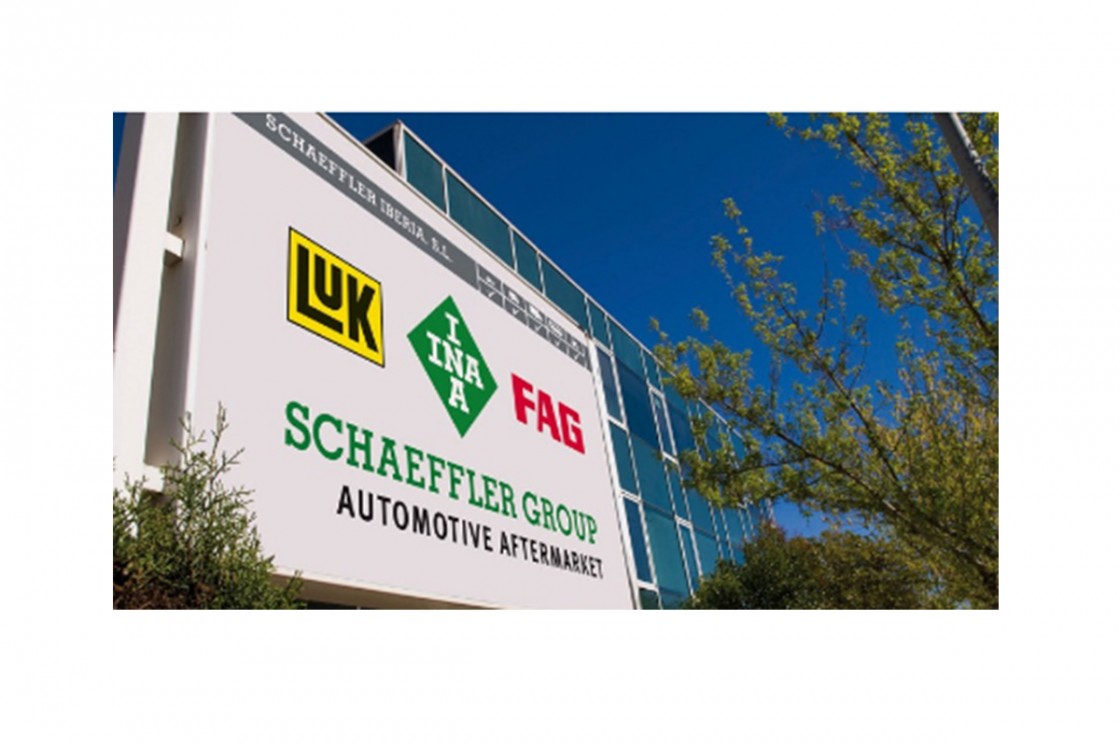
Company History and Background:
Founded in 1946 and headquartered in Herzogenaurach, Germany, Schaeffler AG is a global automotive and industrial supplier specializing in high-performance bearings and drive technology.
Main Products and Innovations:
Schaeffler's product lineup includes rolling bearings, plain bearings, linear motion systems, and automotive components. They are at the forefront of bearing technology with innovations in high-speed bearings and high-temperature applications.
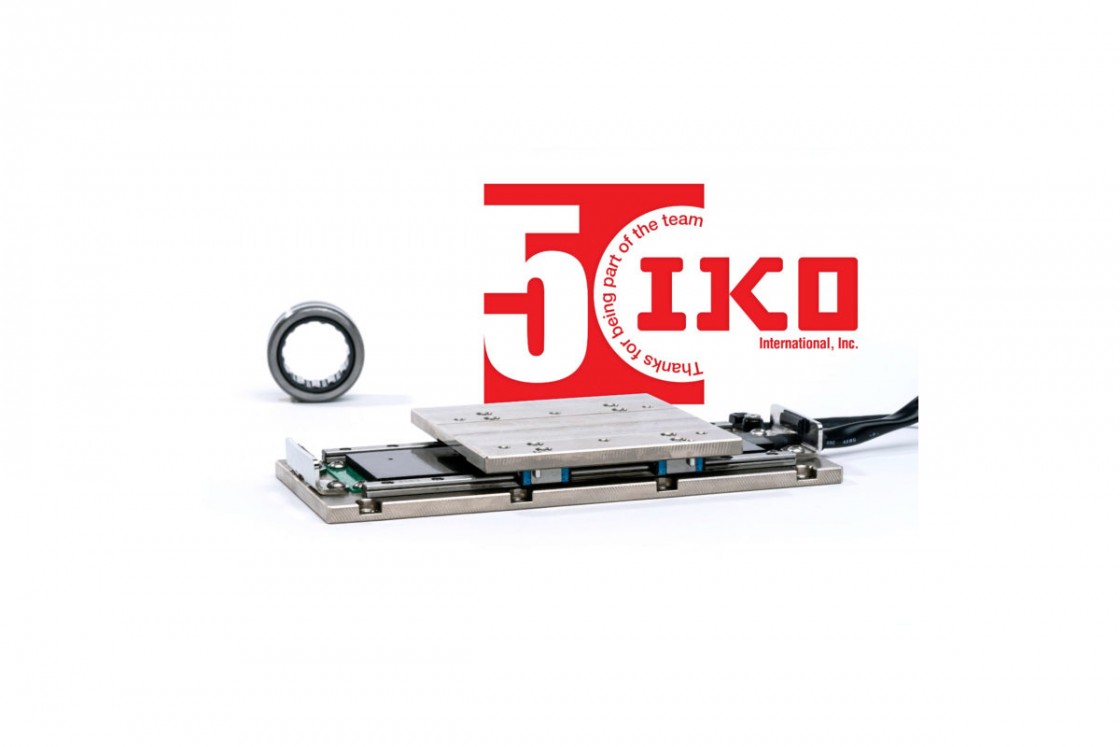
Company History and Background:
IKO International, Inc., established in the early 1950s and based in Japan, is a multinational corporation specializing in high-performance needle bearings and linear motion products.
Main Products and Innovations:
IKO's product range includes needle roller bearings, slide guides, ball bearings, and related components. The company excels in developing advanced linear motion control systems and bearing solutions.
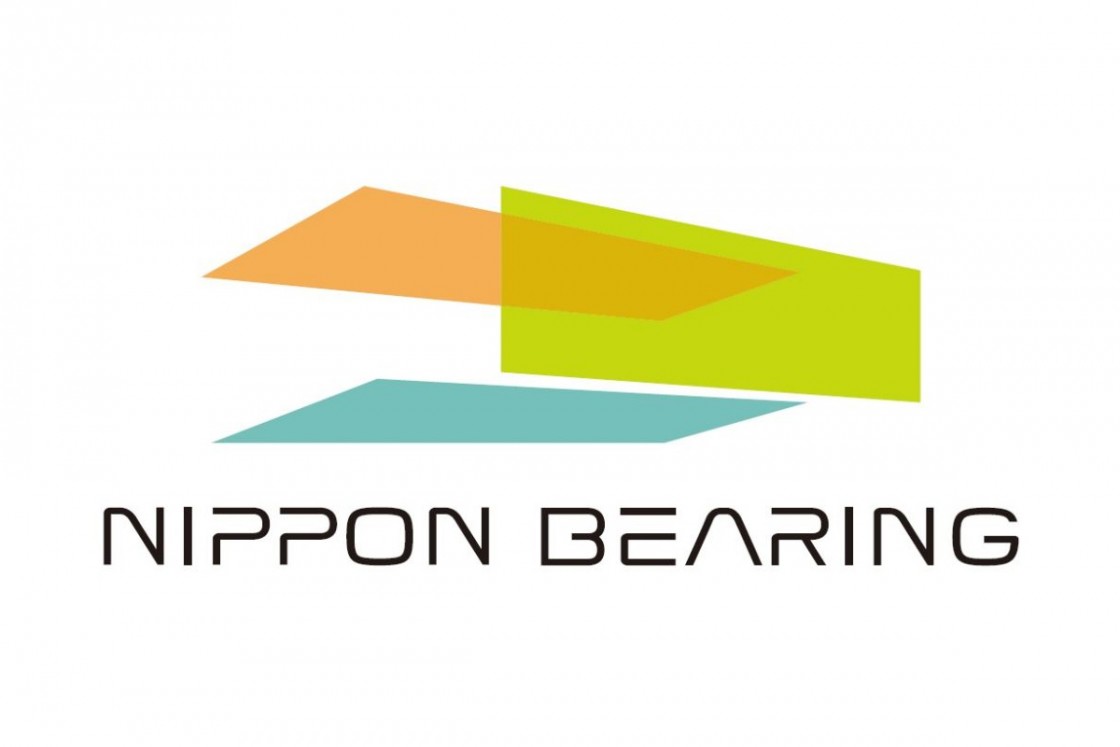
Company History and Background:
Founded in 1939 and headquartered in Tokyo, Japan, Nippon Bearing Co., Ltd. is a leading manufacturer of precision sliding bearings and linear motion products.
Main Products and Innovations:
Nippon Bearing's products include sliding bearings, rolling guides, linear guides, and related components. They are known for their high-precision guide designs and applications in demanding environments.
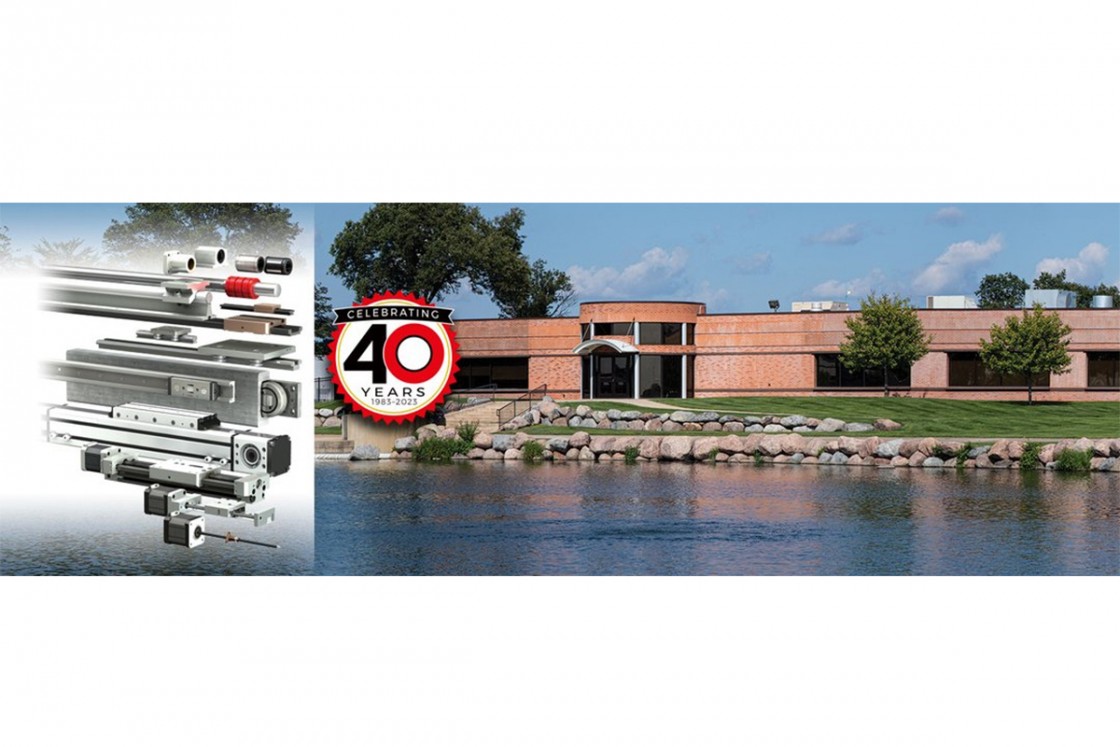
Company History and Background:
Established in 1983 and based in Rochester, Minnesota, USA, PBC Linear is a global leader in providing linear motion solutions and customized automation products.
Main Products and Innovations:
PBC Linear offers a range of products including linear guides, ball screws, linear motors, and customized linear motion solutions. The company is recognized for innovations in lightweight materials and high-precision guide systems.
Emerging Trends in the Linear Rail Market
Technological Advancements
The linear rail market is witnessing significant technological advancements that are revolutionizing the industry. Innovations in materials science have led to the development of stronger and lighter rails, enhancing their performance and durability. For instance, the use of high-strength steel alloys and advanced coatings has improved the wear resistance and load-bearing capacity of linear rails.
Automation and IoT (Internet of Things) integration are also playing a crucial role in the evolution of linear rail systems. Smart sensors and real-time monitoring technologies enable predictive maintenance, reducing downtime and operational costs. These advancements ensure that linear rails operate at optimal efficiency, extending their service life and reliability.
Another key technological trend is the development of modular and customizable linear rail systems. Manufacturers are now offering solutions that can be easily adapted to specific application requirements, providing greater flexibility and efficiency in various industrial settings.
Sustainability and Environmental Impact
As industries worldwide move towards sustainable practices, the linear rail market is no exception. Manufacturers are increasingly focusing on developing eco-friendly products and processes. This includes the use of recyclable materials and the implementation of energy-efficient manufacturing techniques.
One notable trend is the reduction of carbon footprints in the production and operation of linear rails. Companies are investing in green technologies and renewable energy sources to minimize environmental impact. Additionally, advancements in lubrication technology have led to the development of environmentally friendly lubricants that reduce friction and wear without harming the ecosystem.
Sustainability also extends to the lifecycle of linear rails. Efforts are being made to design products that are easy to disassemble and recycle at the end of their lifespan, contributing to a circular economy and reducing waste.
Customization and Flexibility
The demand for customized linear rail solutions is on the rise as industries seek to optimize their operations for specific applications. Manufacturers are responding by offering a wide range of customizable options, from different sizes and materials to tailored configurations that meet unique requirements.
This trend towards customization is driven by the need for greater flexibility in production processes. For example, in the automotive industry, linear rails are used in assembly lines that require precise and adaptable movement. Customizable linear rail systems allow for quick adjustments and modifications, ensuring seamless integration into existing workflows.
Furthermore, advancements in manufacturing technologies, such as 3D printing and CNC machining, have enabled the production of highly precise and bespoke linear rail components. This level of customization ensures that industries can achieve optimal performance and efficiency in their operations.
Global Market Expansion
The linear rail market is experiencing significant global expansion, driven by increasing demand across various industries, including manufacturing, automotive, aerospace, and healthcare. Emerging markets, particularly in Asia and Latin America, are witnessing rapid industrialization and infrastructure development, leading to a surge in demand for linear rail systems.
Key players in the linear rail industry are expanding their presence in these regions through strategic partnerships, acquisitions, and the establishment of new manufacturing facilities. This expansion not only helps in meeting local demand but also provides a competitive edge in the global market.
Moreover, the global expansion is facilitated by advancements in logistics and supply chain management. Efficient distribution networks ensure that linear rail products are readily available to customers worldwide, reducing lead times and improving customer satisfaction.
Conclusion
Summary of Findings
The analysis of linear rail systems has highlighted the top eight brands in the global market for 2024. Each brand has demonstrated unique strengths and innovations that set them apart in the industry.
THK: Known for its precision and reliability, THK offers a wide range of linear rail systems suited for various applications, from industrial automation to medical devices. Their products are highly durable and provide smooth and accurate motion.
Hiwin: Hiwin is celebrated for its advanced technology and comprehensive product line. Their linear rails are designed to meet high-speed and high-load requirements, making them ideal for complex machinery and robotics.
Bosch Rexroth: Bosch Rexroth's linear rail systems are renowned for their engineering excellence and innovation. They offer customizable solutions that cater to specific industry needs, ensuring maximum efficiency and performance.
NSK: NSK stands out for its commitment to quality and customer satisfaction. Their linear rails are designed with cutting-edge technology to deliver consistent performance in demanding environments.
Schneeberger: Schneeberger's precision and high-quality linear rail systems are used in various high-tech applications. Their products are known for their long lifespan and minimal maintenance requirements.
IKO: IKO provides a diverse range of linear rail systems that emphasize both performance and affordability. Their products are versatile and cater to a wide array of industrial needs.
THK: Known for its precision and reliability, THK offers a wide range of linear rail systems suited for various applications, from industrial automation to medical devices. Their products are highly durable and provide smooth and accurate motion.
Star Linear: Star Linear focuses on innovative solutions that enhance efficiency and reduce operational costs. Their linear rails are designed to support high-load capacities while maintaining precision.
Future Outlook for Linear Rails
The linear rail industry is poised for significant growth and technological advancements in the coming years. Key trends that are expected to shape the future include:
|
Increased Automation |
As industries continue to automate processes, the demand for high-precision linear rail systems will grow. These systems will play a crucial role in enhancing productivity and efficiency in manufacturing and other sectors. |
|
Smart Manufacturing |
Integration of IoT and AI in linear rail systems will lead to smarter and more efficient manufacturing processes. Predictive maintenance and real-time monitoring will become standard features, reducing downtime and improving overall performance. |
|
Sustainability |
There will be a greater emphasis on developing eco-friendly linear rail systems. Manufacturers will focus on creating products that are energy-efficient and made from sustainable materials, aligning with global environmental goals. |
|
Customization and Flexibility |
The market will see a rise in demand for customized linear rail solutions. Brands that offer flexible and adaptable products will have a competitive edge, as industries seek tailored solutions to meet specific needs. |
Final Thoughts and Recommendations
In conclusion, the linear rail market in 2024 is dominated by brands that prioritize innovation, quality, and customer satisfaction. As industries evolve, the demand for advanced linear rail systems will continue to grow. To stay competitive, manufacturers must focus on:
Innovation: Continuously developing new technologies and improving existing products to meet changing market demands.
Quality: Maintaining high standards of quality and reliability to ensure customer trust and satisfaction.
Customer-Centric Approach: Understanding and addressing the specific needs of customers, offering customized solutions, and providing excellent support and service.
By adhering to these principles, linear rail manufacturers can secure their position in the global market and contribute to the advancement of various industries through their cutting-edge products.
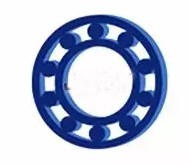

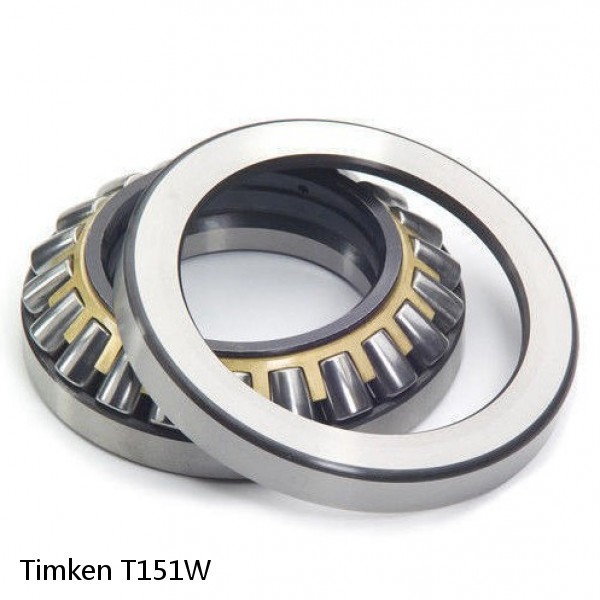 T151W Timken Thrust Roller Bearings
T151W Timken Thrust Roller Bearings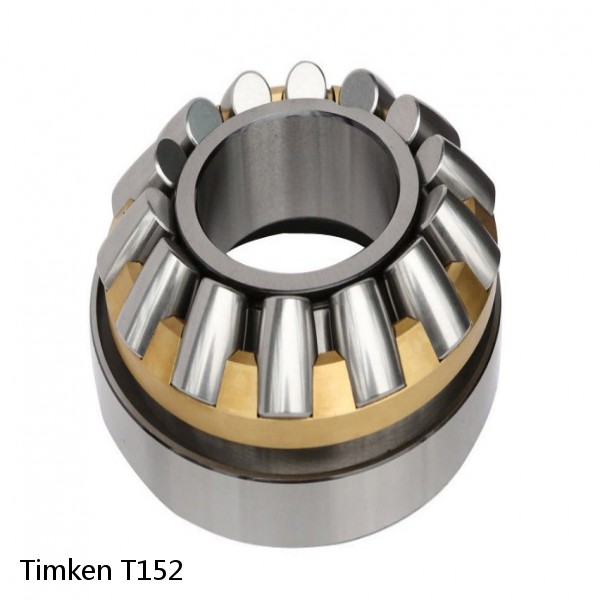 T152 Timken Thrust Roller Bearings
T152 Timken Thrust Roller Bearings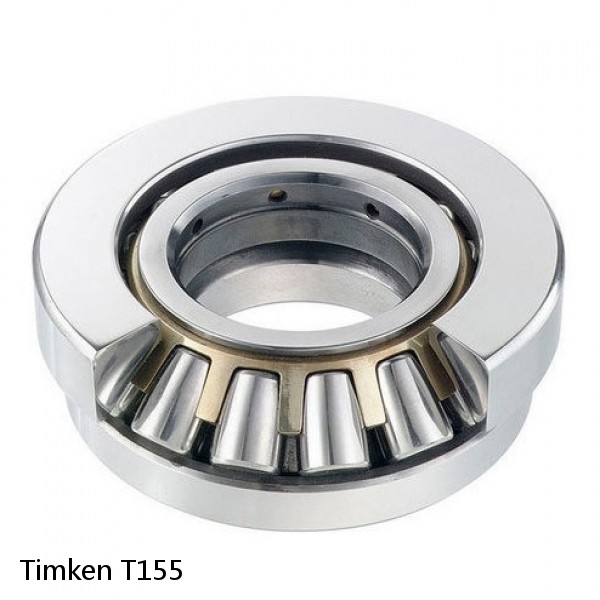 T155 Timken Thrust Roller Bearings
T155 Timken Thrust Roller Bearings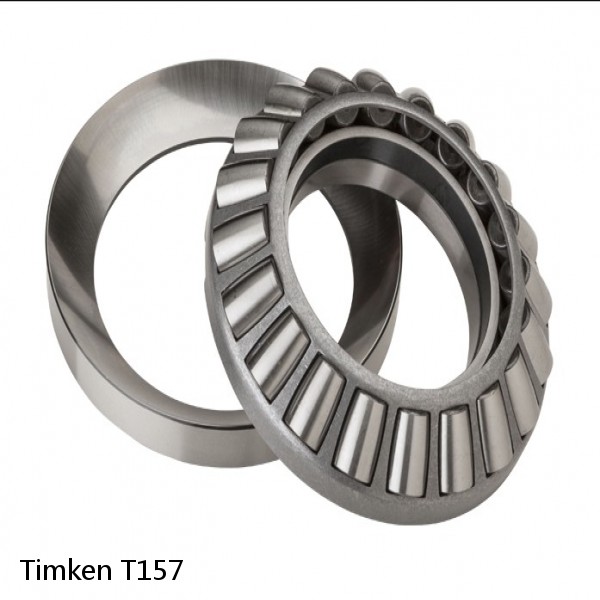 T157 Timken Thrust Roller Bearings
T157 Timken Thrust Roller Bearings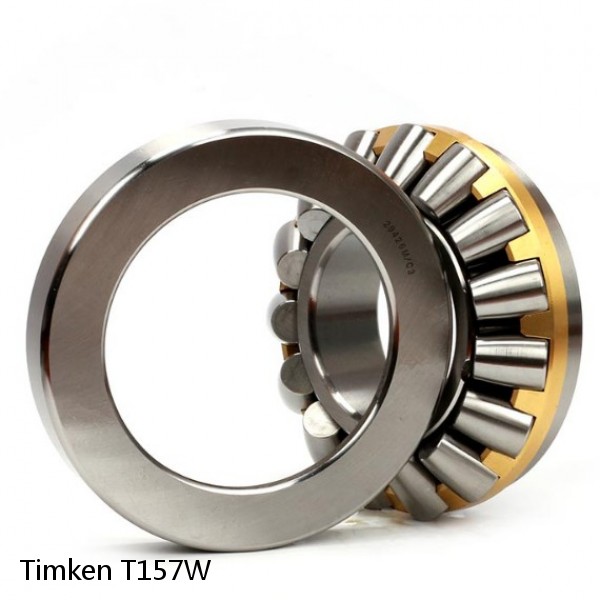 T157W Timken Thrust Roller Bearings
T157W Timken Thrust Roller Bearings